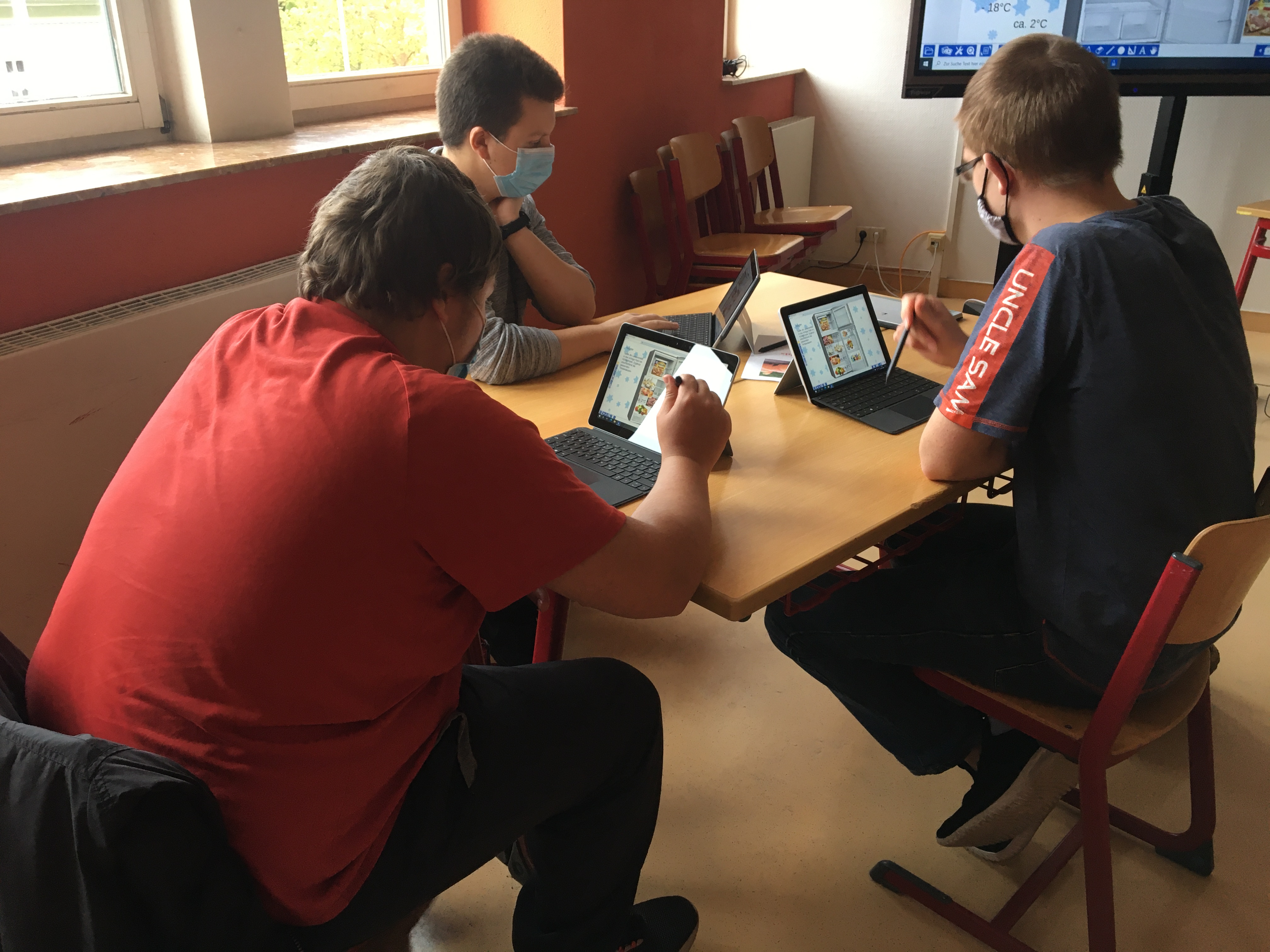IKKE in the RP Reha
The latest issue of “RP Reha – Recht und Praxis der Rehabilitation” (Law and practice of rehabilitation), a journal for rehabilitation, participation and severe disability law, deals with inclusive education in daycare centers, schools and studies and the associated barriers (issue 04/2020). As an application example from practice, the SPiRIT research project “IKKE – Inclusive Kitchen 4.0” presents the specially researched, applications-oriented possibilities of digitization in inclusive vocational training in this issue.
The IKKE project aims to counteract the exclusion of people with disabilities in vocational training and to use digital applications to ensure educational and barrier-free acquisition. Since August 2019, the scientists have been testing the application of inclusive and digital teaching in two vocational school classes using several modules in a joint pilot project with the Oberstufenzentrum Prignitz in Wittenberge. Here, trainees with and without disabilities or impairments are taught in joint classes with the help of digital tools. The goal is to determine the opportunities and difficulties of inclusive, digital teaching-learning formats and to adapt the digital applications to the need of the trainees.
The results after the first test phase highlight the clear potential of digitization in inclusive vocational training. From a combination of external observations of the teaching units and surveys with the participating trainees, the staff of the IKKE project were able to derive twelve conditions for the successful implementation of digital and inclusive teaching. These show that the different learning needs of the trainees must be individually supported by offering different tasks and material at different levels of difficulty as well as additional tasks. The focus is on varied instruction with as little frontal teaching as possible and many cooperative learning units to support the inclusive character. The small learning groups, consisting of at least one teacher and a special education teacher. For satisfactory accessibility in the use of the technical application, it is important that the teachers have professionally trained media skills and can supplement these in further training courses so that all trainees can receive the best possible support in the use of the digital teaching offerings and learning is made possible on equal footing.
